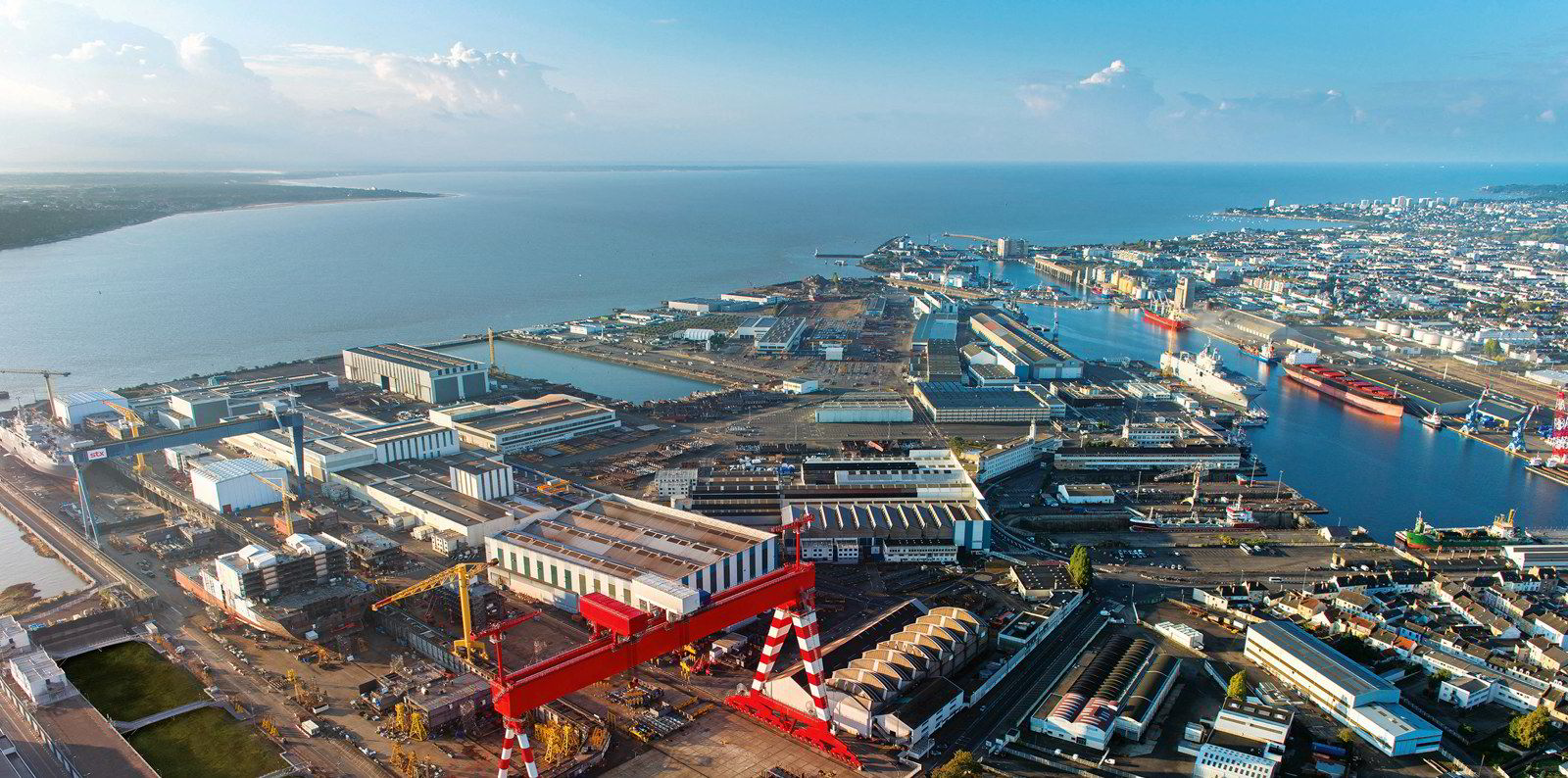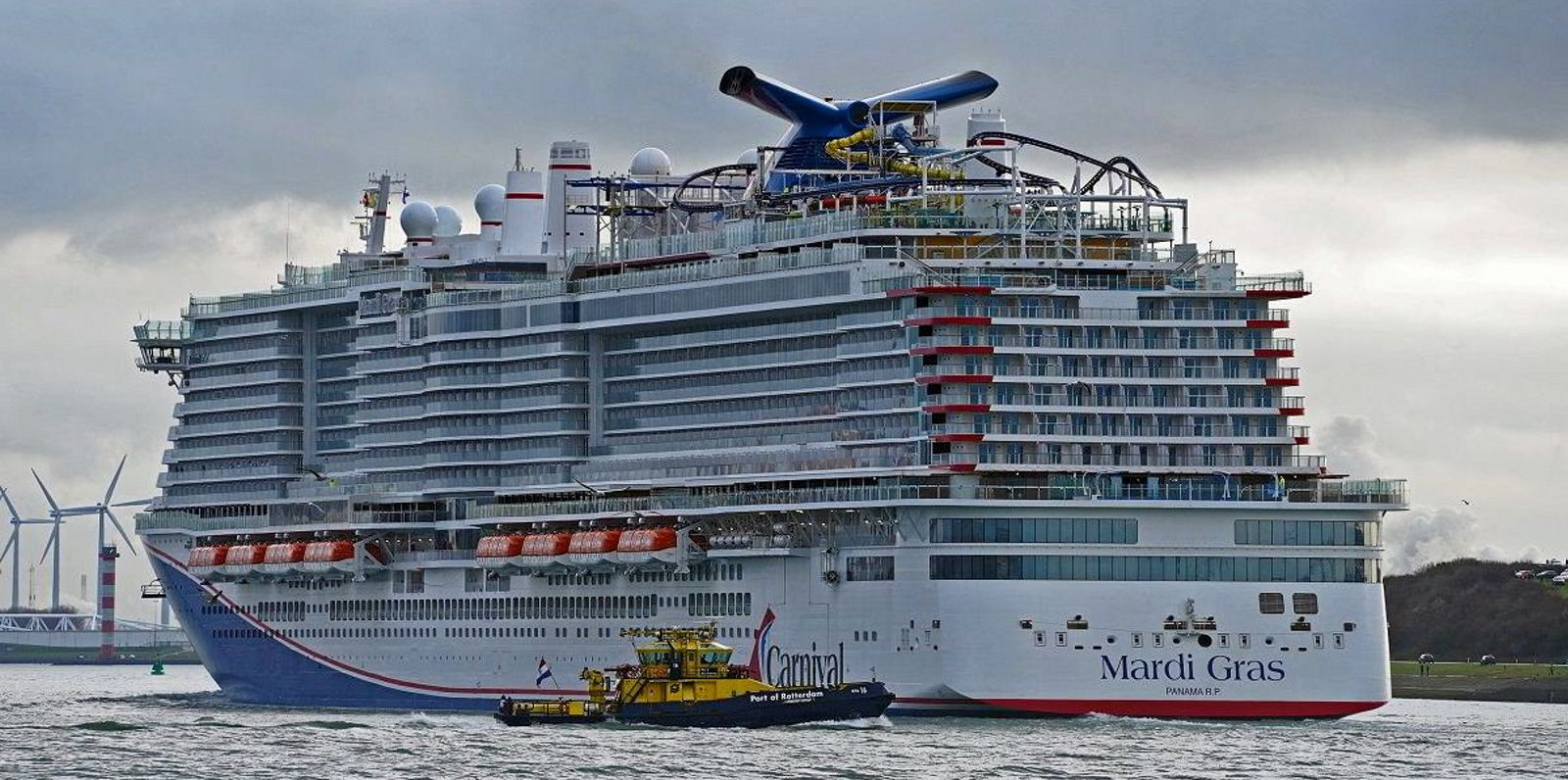Oaktree-backed US owner Ritz-Carlton Yacht Collection is expanding its fledgling cruise ship fleet with a newbuilding deal in France.
The company said it has ordered two vessels, the Ilma and Luminara, at Chantiers de l’Atlantique, for delivery in 2024 and 2025.
No price has been revealed, but there are optional ships attached.
The owner is preparing to launch its first new ship coming from the Astander yard in Spain.
The delayed “superyacht” Evrima is due in August.
The Ritz-Carlton hotel group, owned by Marriott International, founded its cruiseship subsidiary in June 2017 with the backing of private equity firm Oaktree Capital Management.
It intended to build three specially designed small cruise ships, 190 metres long, with 149 suites to accommodate up to 298 passengers.
An order was placed for the first ship at the Barreras Shipyard in Spain. Delivery of this ship was pushed back to 2020 at first.
A spokesperson for Ritz-Carlton said it had never announced construction plans for any further ships at any shipyard.
"Evrima was under construction at Barreras in Vigo, Spain, before being moved to Astander shipyard in Santander, Spain, for its final phase of completion at the yard’s highly specialised facilities," the spokesperson added.
Ritz-Carlton Yacht Collection chief executive Douglas Prothero said: “We are thrilled to work with Chantiers de l’Atlantique on the development of our second and third superyachts, Ilma and Luminara.”
“The next generation of superyachts for the Ritz-Carlton Yacht Collection will have a real impact in the industry and take our shared vision with management and Marriott International to the next level in the luxury cruise market,” said Karim Khairallah, managing director and co-portfolio manager at Oaktree’s European operations.
The newbuildings will be fitted with four dual-fuel engines using LNG as the main source.
Two years ago, Ritz-Carlton took control of Astilleros Hijos de J Barreras to ensure the Evrima could be delivered.
The company has blamed delays on supply chain disruptions and labour challenges due to Covid-19.





